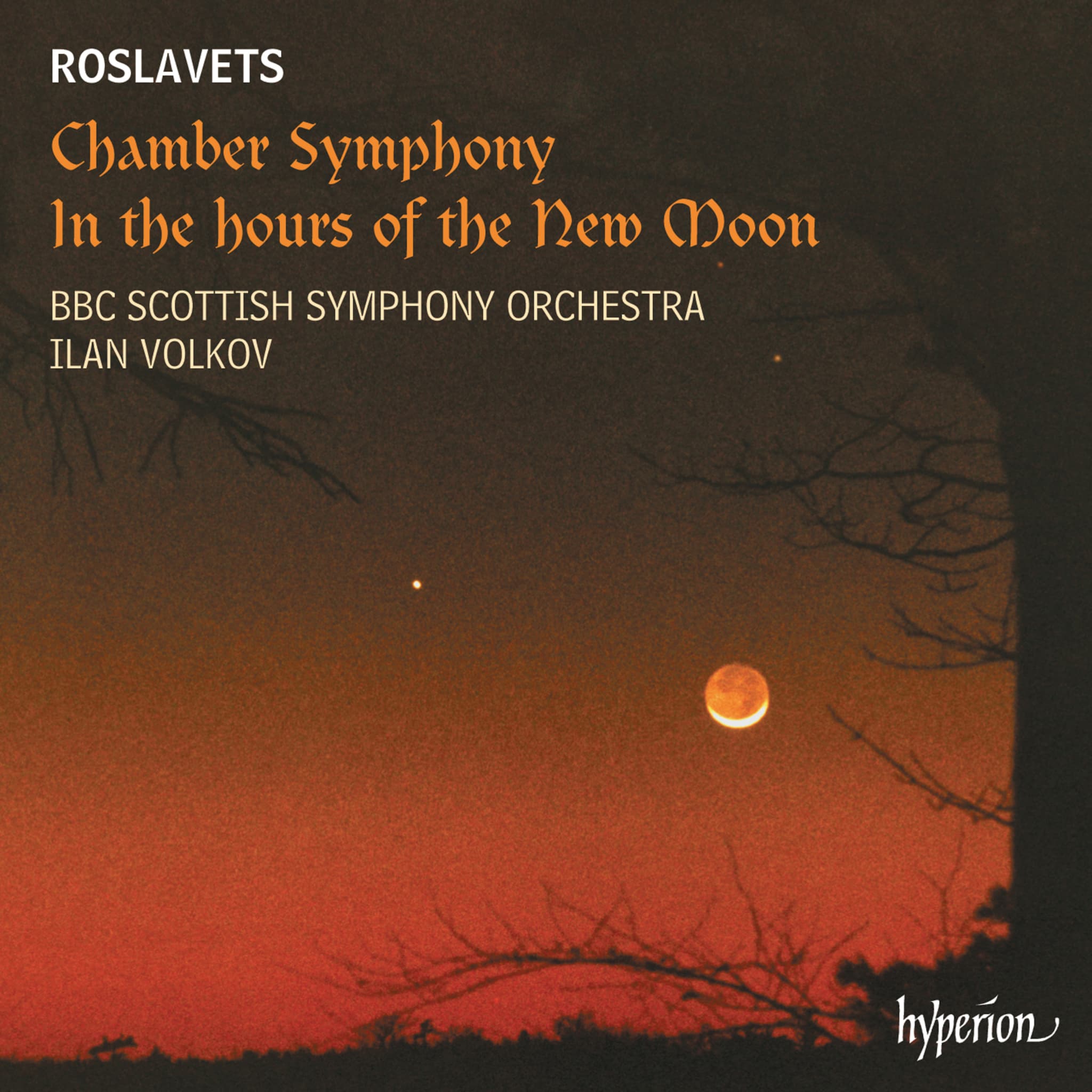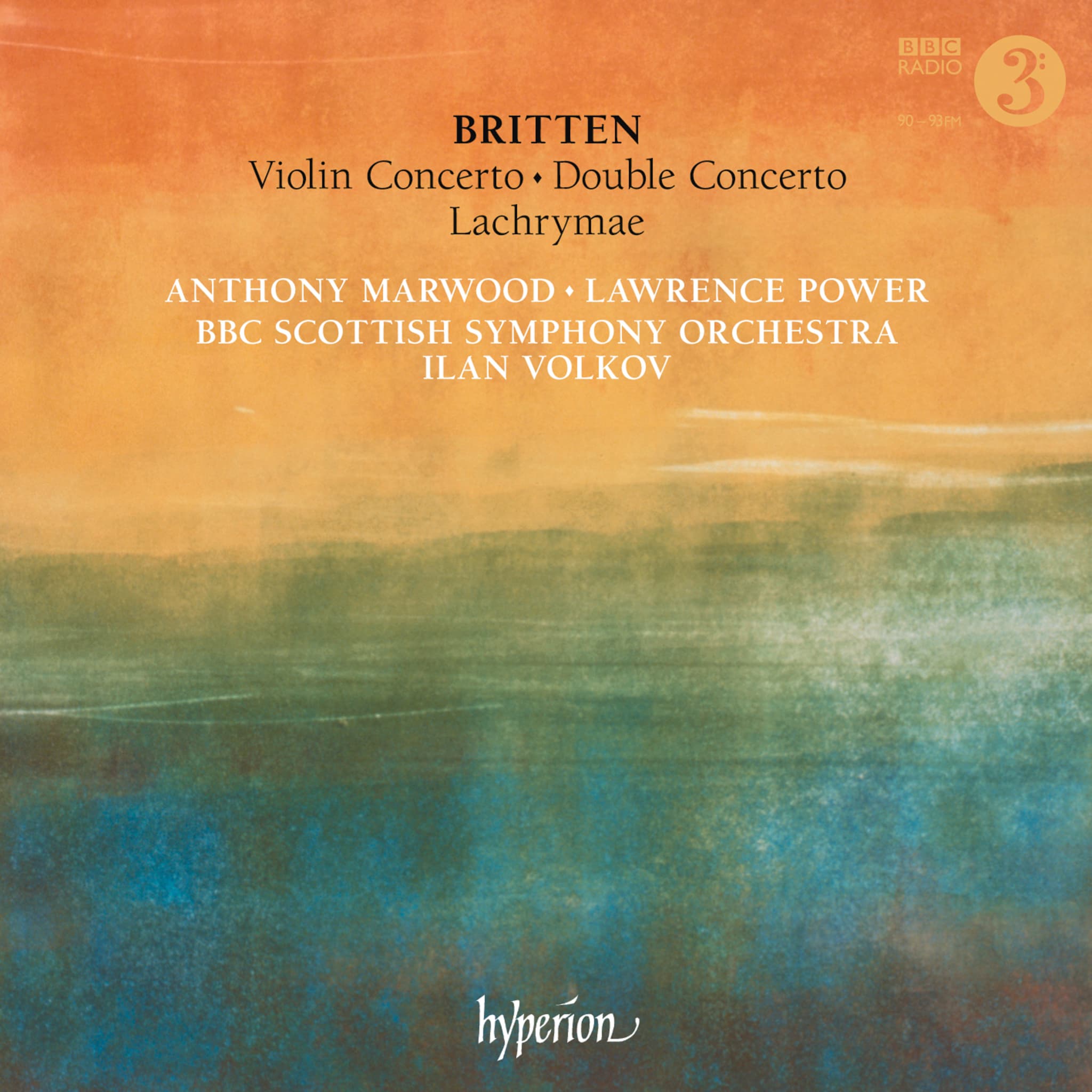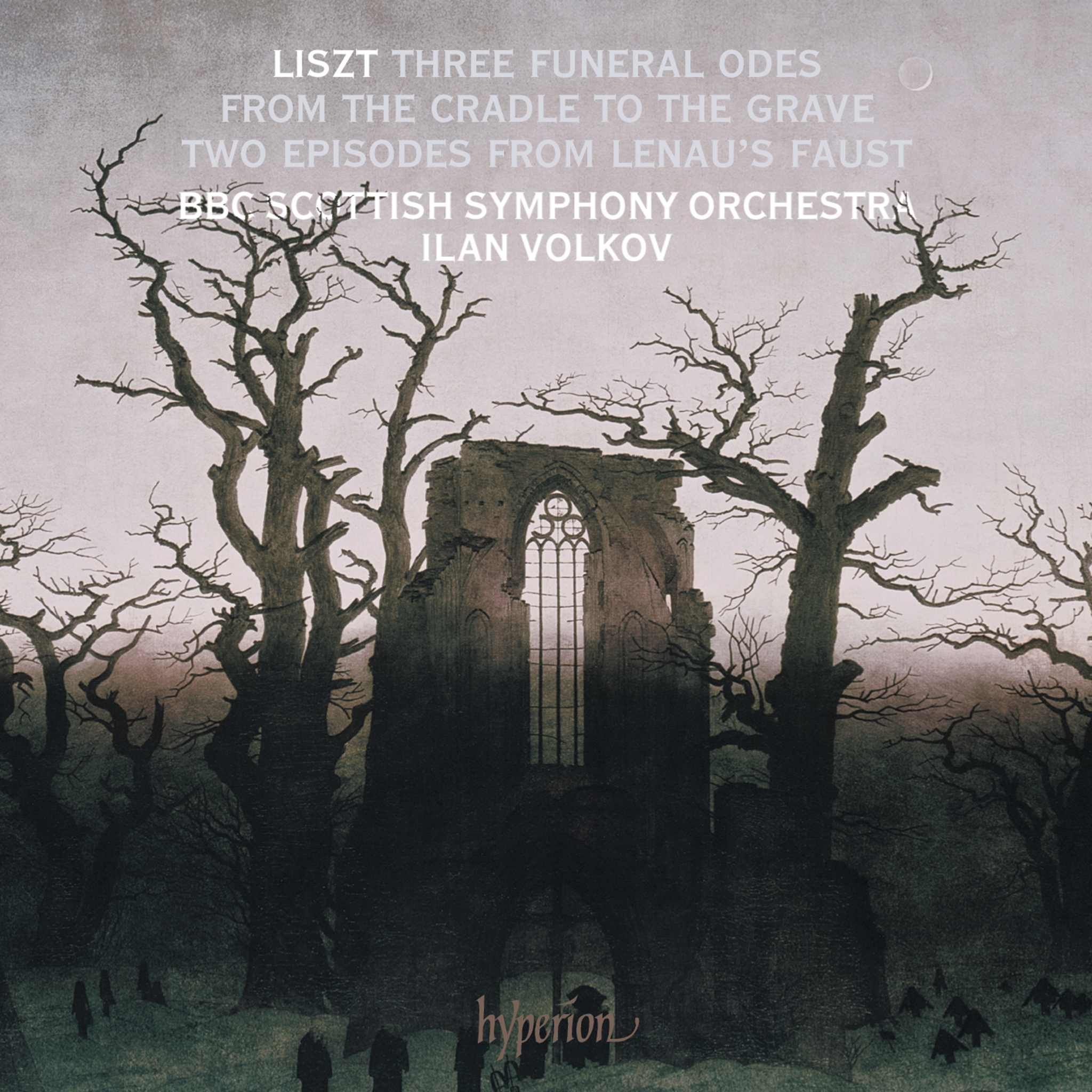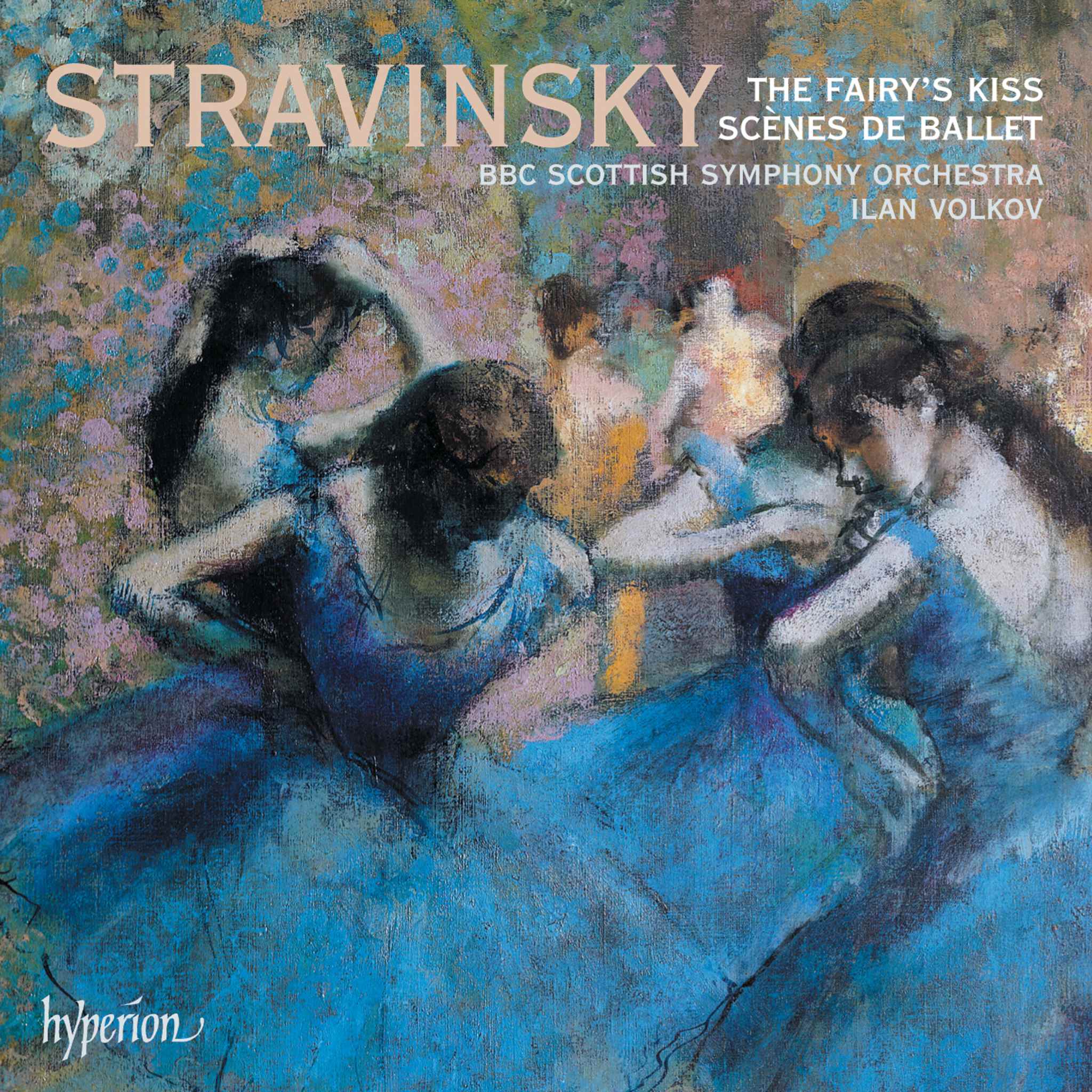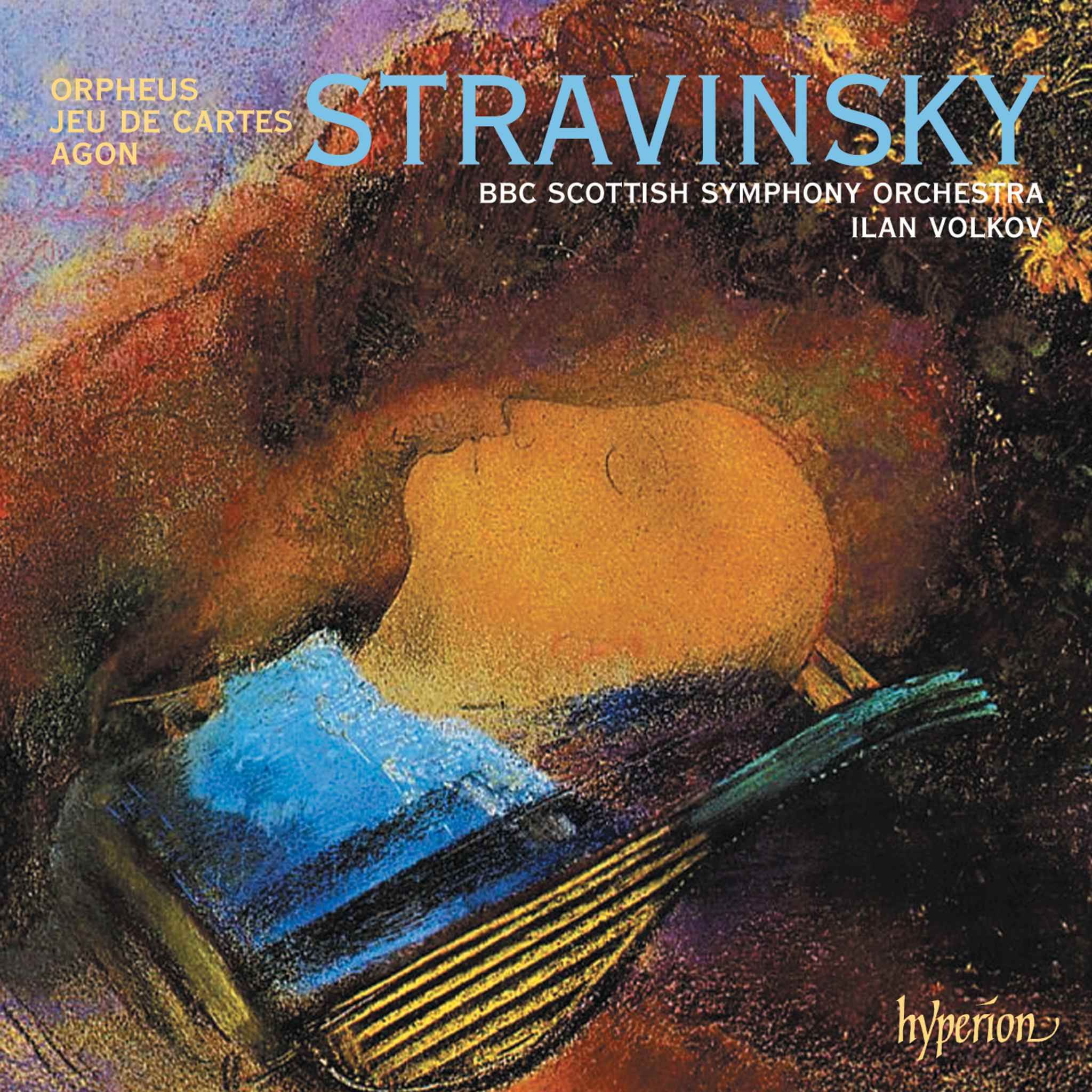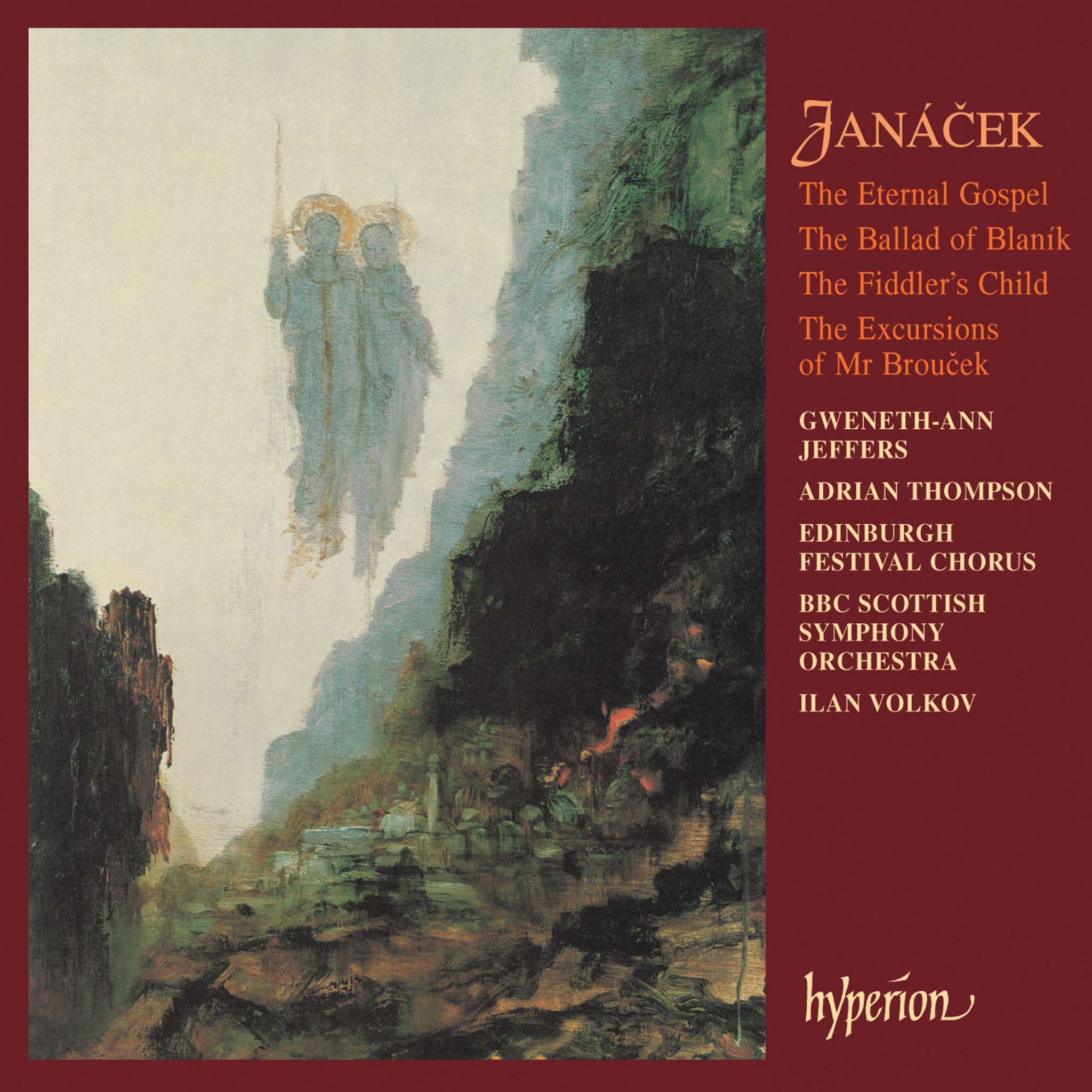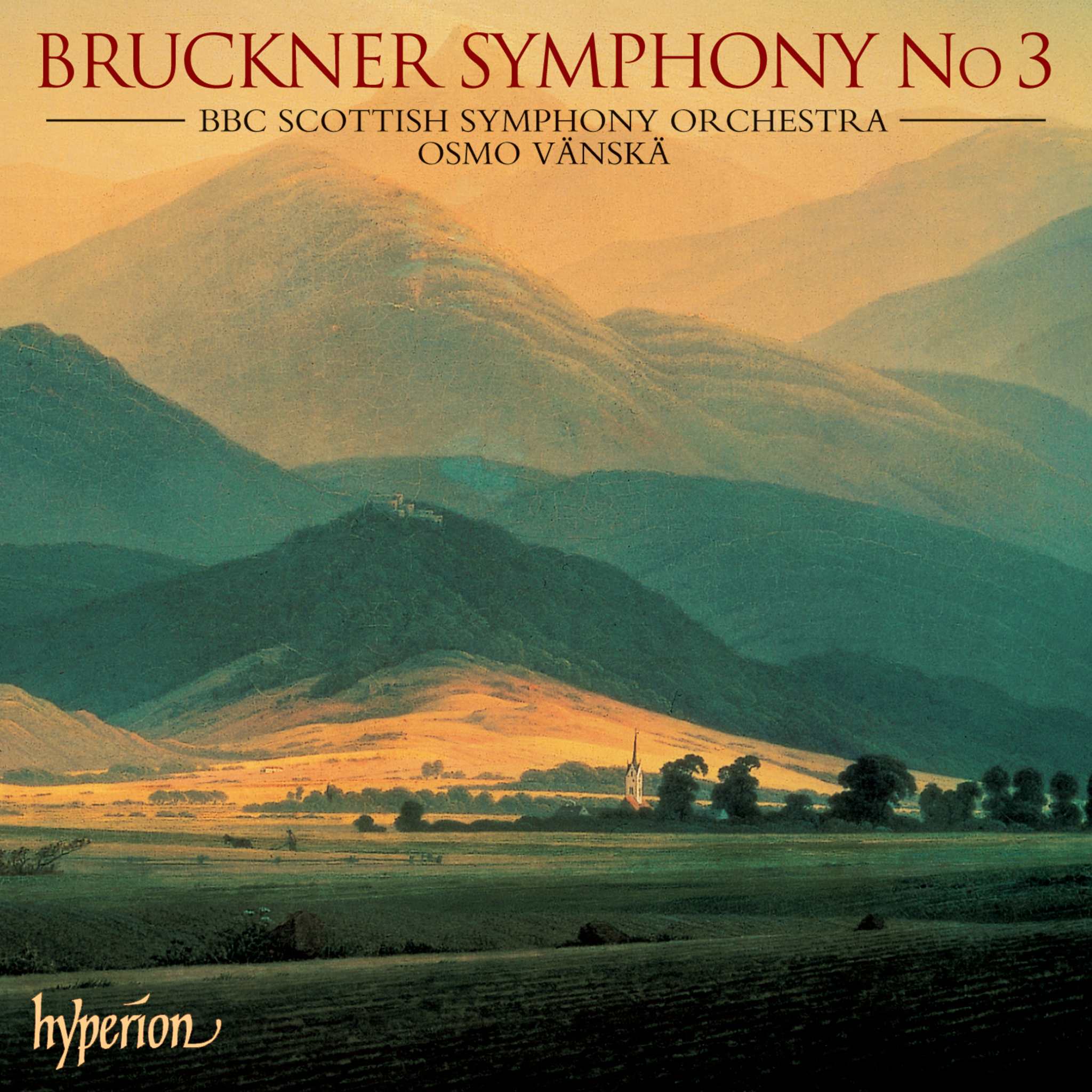Nikolai Andreyevich Roslavets, born in 1881 in Ukraine, was a prominent modernist composer of Belarusian and Ukrainian descent. The son of a peasant family, he grew up in a largely illiterate community, where his early talent for the violin paved the way for his musical development. His musical training led him to the Moscow Conservatory, where, after a decade of study, he was awarded a silver medal for a cantata.
The most tragic aspect of his career was the political persecution he suffered. From 1930 onward, his music was officially suppressed. Like other artists of the time, Roslavets was reprimanded by the government for his "inappropriate" art and forced to publicly atone for his perceived "mistake." After a period in Uzbekistan, he returned to Moscow in 1933, where he continued to face resistance and never again received an official position or employment. In 1939, he suffered a debilitating stroke, and another in 1944 led to his death.
His first piano sonata dates from 1914, but was not published until 1990. The single-movement work lasts approximately 11 minutes. In his musical style, Roslavets showed clear influences from Scriabin and his synthetic chords, but also developed his own methodical approach to all twelve notes of the chromatic scale. Although some of his works have been lost, there is evidently a renaissance of his music, with growing interest in a man whose music was practically illegal during his lifetime.

